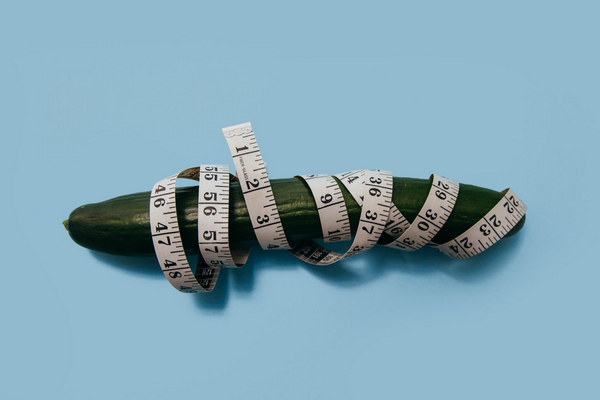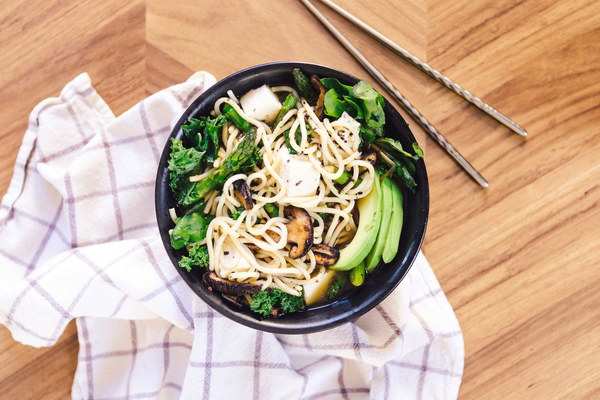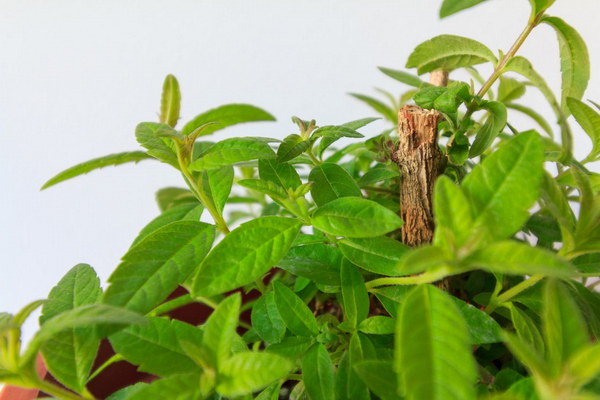Harmony in a Week Balancing Your Diet with Traditional Chinese Medicine
In the hustle and bustle of modern life, it's easy to neglect our diet and health. However, maintaining a balanced lifestyle is essential for our overall well-being. One effective way to achieve this balance is by incorporating traditional Chinese medicine (TCM) into our daily routine. This article explores the concept of a balanced week diet, inspired by TCM principles, to help you achieve harmony within your body and mind.
The week is divided into seven days, each representing a specific organ system according to TCM. By focusing on these organs, we can ensure that our body is functioning optimally. Here's how to balance your diet throughout the week:
Day 1: Liver
The liver is responsible for filtering toxins and regulating emotions. To nourish this organ, include foods rich in vitamin A, such as carrots, sweet potatoes, and spinach. Green leafy vegetables, such as kale and collard greens, also support liver health. Incorporate herbs like milk thistle and dandelion to further boost liver function.
Day 2: Gallbladder
The gallbladder stores bile, which is essential for digestion. Foods high in vitamin C, such as oranges, strawberries, and bell peppers, help support gallbladder health. Additionally, consume foods rich in healthy fats, such as avocados and nuts, to aid in the production of bile.
Day 3: Spleen and Stomach
The spleen and stomach work together to transform food into energy. Foods rich in B vitamins, such as whole grains, legumes, and leafy greens, support this process. Incorporate ginger and turmeric into your meals, as these spices aid in digestion and reduce inflammation.
Day 4: Heart
The heart is responsible for blood circulation and emotional balance. To nourish this organ, include foods rich in antioxidants, such as berries and dark chocolate. Herbs like hawthorn and valerian root can also support heart health.
Day 5: Small Intestine
The small intestine is involved in absorbing nutrients from food. To maintain its health, consume foods high in fiber, such as whole grains, fruits, and vegetables. Herbs like fennel and chamomile can help with digestion and reduce bloating.
Day 6: Large Intestine
The large intestine is responsible for waste elimination. To keep it functioning well, include foods high in fiber, such as legumes, apples, and pears. Herbs like aloe vera and cascara sagrada can help with constipation and promote regular bowel movements.
Day 7: Lung

The lung is responsible for respiration and the immune system. To support lung health, consume foods rich in vitamin E and beta-carotene, such as almonds, sunflower seeds, and sweet potatoes. Herbs like eleuthero and echinacea can help boost the immune system and improve respiratory function.
Throughout the week, it's essential to drink plenty of water, as it aids in digestion, nutrient absorption, and overall detoxification. Additionally, incorporating mindfulness practices, such as meditation and yoga, can help maintain emotional balance and support the overall harmony of your body and mind.
Remember, the key to a balanced week diet is to listen to your body and adjust your food choices accordingly. If you have specific health concerns or dietary restrictions, consult with a healthcare professional or a TCM practitioner to tailor the diet to your needs.
By following these TCM-inspired guidelines, you'll be well on your way to a balanced week diet that promotes harmony within your body and mind. Embrace the ancient wisdom of TCM and enjoy the benefits of a healthier, more balanced life.









